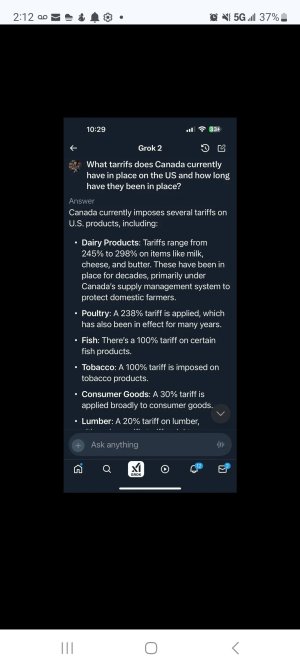In Canada, milk production is controlled through a "supply management" system, where the Canadian Dairy Commission (CDC) sets national production quotas based on provincial demand, and then provincial marketing boards allocate those quotas to individual farmers, ensuring they produce only within their allotted quota, effectively preventing overproduction and stabilizing prices; this system also regulates dairy imports through tariff rate quotas to protect domestic producers.
Key points about Canadian milk production control:
Quota system:
Each farmer is assigned a specific production quota, which limits the amount of milk they can produce.
Provincial boards:
Provincial marketing boards distribute the national quota among farmers within their province.
Price regulation:
The CDC sets the farm-gate price for milk, which is the price processors pay to farmers.
Import controls:
Strict import controls are in place through tariff rate quotas, allowing only a limited amount of dairy products to be imported at lower tariffs, while higher tariffs apply to imports exceeding the quota.

